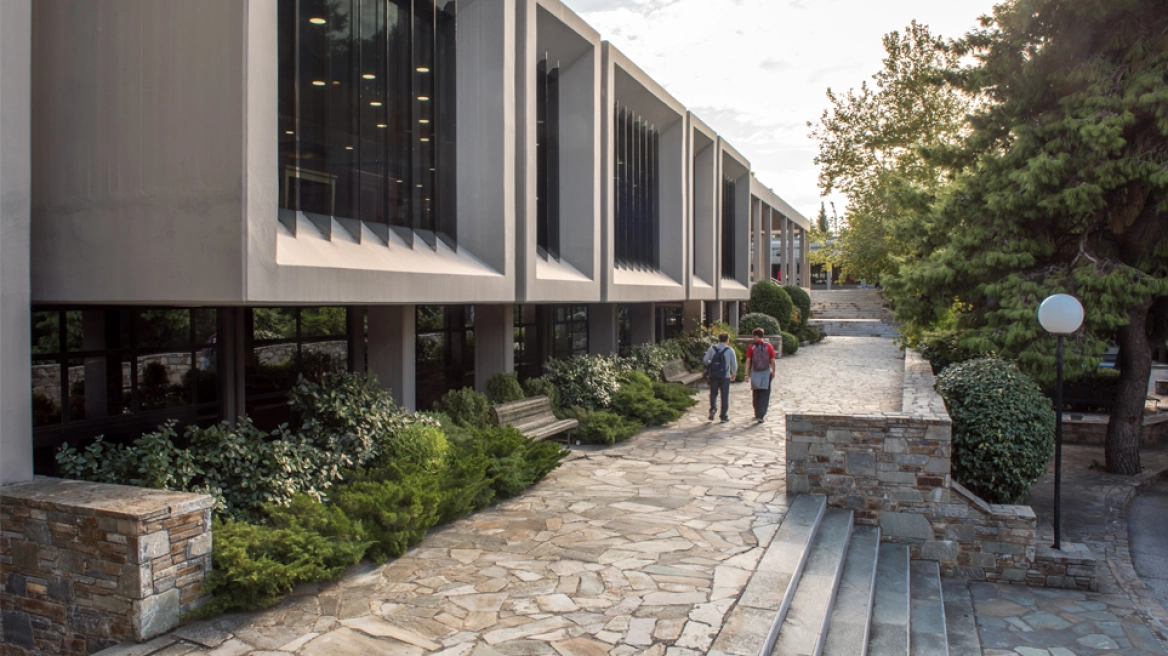In favor of a policy of consensus, Anna Diamantopoulou argues that the first move on major issues is always made by the government to the opposition parties.
“The politics of consensus is extremely important for the functioning of democracy and for development in a country,” says the PASOK’s head of political planning and stresses that “the ND invested in political communication against PASOK on the occasion of votes in parliament and the selection of the Citizen’s Advocate.
Speaking to SKAI radio, Ms Diamantopoulou highlighted three facts that in her view show the relevant steps, both by PASOK and the government party:
– In the vote on the ASEP, PASOK voted for 36 out of 66 articles and disagreed on the merits on issues related to merit-based and not only objective selection. It has the right and obligation as an opposition.
– The government did not accept PASOK’s proposal to first report on the current Ombudsman in Parliament and then follow up with a vote on the new Ombudsman. New Democracy did not accept it.
– PASOK tabled an amendment on the issue of funding for Spartans, the government should also enter the process of accepting opposition proposals.
“So about consensus. Consensus is not a process to expose the opponent and it has certain principles and in many countries organized institutions. Consensus on all major issues starts with the government. It requires time, maturity, and mutual compromise. It is not a unilateral process where a proposal for a law or an individual is tabled and the opposition has to respond with a “yes” or a “no”. This is blackmail for communication purposes,” Diamantopoulou insists, explaining her reasoning: “Consensus cannot be used case by case by focusing on disagreements and taking agreements for granted. When there is an initiative of the Opposition, it is right that the government does not reject it directly (housing, VAT, dealing with the far right).”
Ask me anything
Explore related questions





